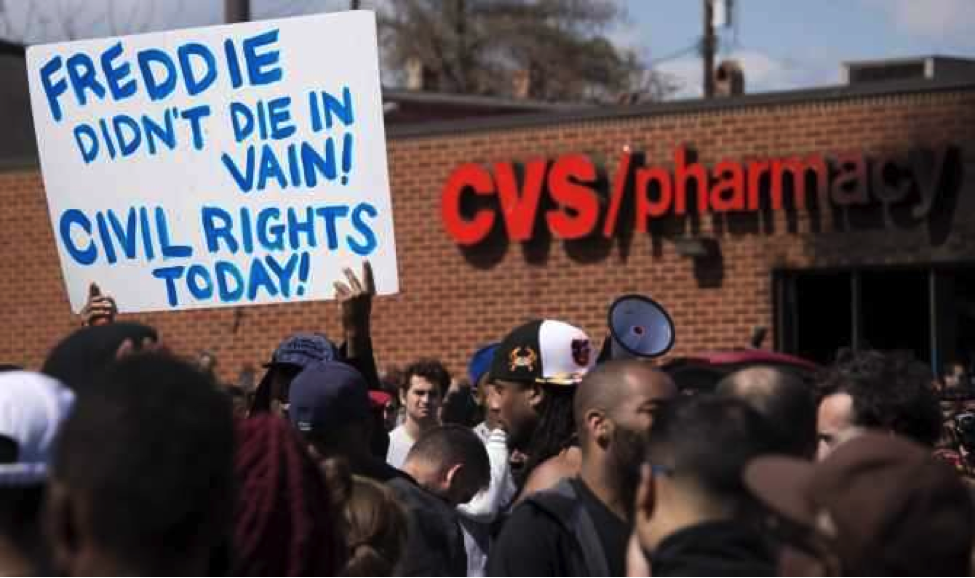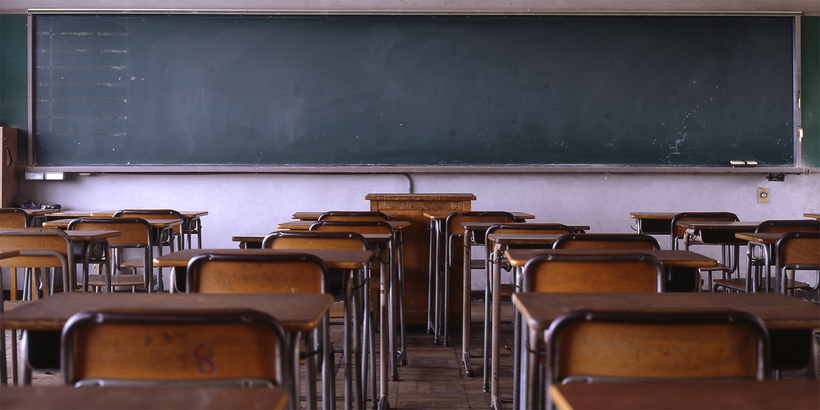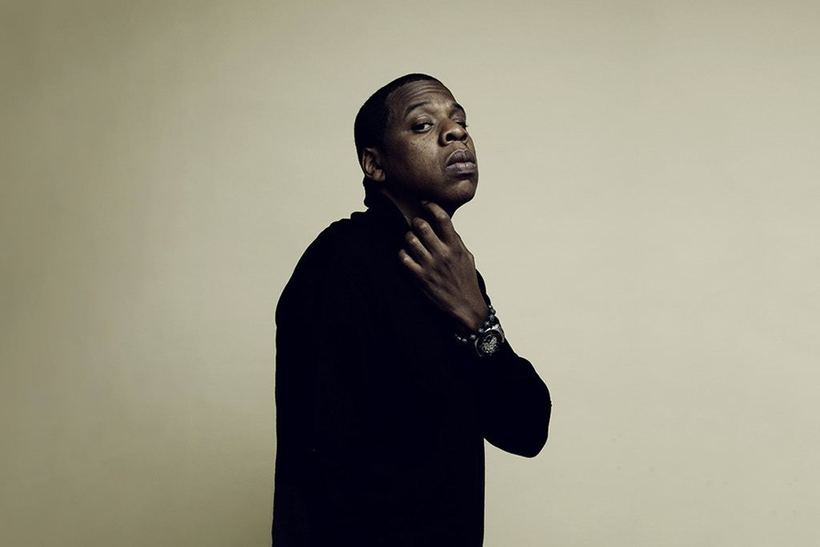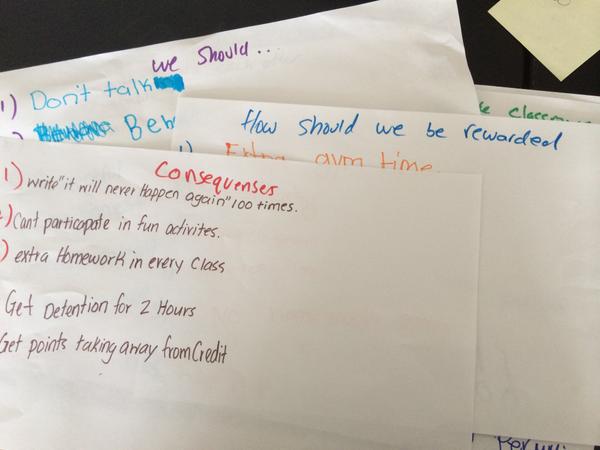Baltimore Uprising: Getting Involved in the Civil Rights Movement of the Now
As a young child in the 4th grade, I played Martin Luther King Jr. in a Black history month elementary school play. I recall having to memorize and recite the last paragraph of Dr. King’s “Dream” speech for an audience. I remember my teachers telling me that it’s important that I emphasize the last sentence of the speech, “Free at last! Free at last! Thank God Almighty, we are free at last!” Playing Martin Luther King provided me with the opportunity to gain a personal perspective of his life at a very young age. I understood that Dr. King fought for the rights and equality for people of Color, and as a 4th grader (and every moment ever since) I wished I were alive during the Civil Rights movement to fight along his side for equality. As a college student with a focus in Africana Studies, I identified as an activist. Often, I would find myself imagining what role would I play if I were alive during the movement. Would have I been a local community activist? Perhaps even a world-renowned activist… In light of the “recent” social-political protests occurring within marginalized communities, marginalized groups have voiced their opinion against the unjust systems that seemingly have retracted basic Civil Rights supposedly gained in the 1968 Civil Rights Movement. With these current events fresh in my mind, I’ve considered what type of activist I am striving to become more than ever now.
The #BlackLivesMatter campaign was sparked after the untimely death of Trayvon Martin in 2011 and has only garnered more attention and support after the deaths of Mike Brown, Eric Garner, Tamir Rice and now Freddie Grey (to name a few). The deaths of these individuals have sparked protests across the world; more notably, the ones we are currently witnessing in Baltimore. It is important to highlight that Baltimoreans and their allies around the world are not only protesting the horrific deaths of many its community members by government professionals who have “vowed to protect and serve,” but to shed light on systemic racism, issues of poor and failing schools, and police brutality all of which so daily affect the lives of marginalized communities.
America is in a “state of emergency” in relation to the way it views and treats people of color. The Baltimore uprising is a symptom of a much larger problem all marginalized groups face in the United States. Labeling young protesters of color as “thugs and criminals” allows media’s viewers to dehumanize them. When there is a culture of police brutality and there are little to no repercussions for the professionals who commit crimes, fear turns to anger in hearts of young people. In Baltimore, when graduation rates are substantially low, it sends the message to the youth that education reformers don’t care about their education or their futures. The people who have been downtrodden for far too long are now demanding, and in some pockets, fighting for answers to challenging questions around systemic racism, equal rights, quality school systems, and most importantly the right to a voice to express their anguish. As a Black, educated young man, I do not fear using my right to express my anger. We are in the midst of the Civil Rights Movement of the 21st century, and I no longer imagine myself playing an activist. I am vowing to become one.
Here are ways we can become a community of activists:
- Educate yourself – Any person who is supporting any movement geared towards empowering a group of people must be well informed of the history of said groups of people. Diversify your sources where you retrieve information from, make sure they are credible. The goal is to learn about the problems through various sources of media to gain multiple perspectives so that you become well versed, a scholar of sorts. Invest yourself in racial equality. Don’t judge don’t assume. Once you have armed yourself with the knowledge and tools to acquire information, you will be empowered have the ability to educate others.
- Organize local peaceful demonstrations – According to our constitutional rights, we are afforded the right to protest as a manifestation of the right to freedom of assembly and freedom of speech. Although you may not live in Baltimore, you can show your support for Baltimore by organizing a peaceful demonstration to show your community that you support the protesters in their push for equality. All demonstrations do not have to involve marching down the busiest street in your community. Organized demonstrations can be a simple and powerful as gathering a group of people to wear a black band around their arm to raise awareness of the issues.
- Create your own media and create a counter narrative – It is imperative that marginalized groups create their own media to create a counter narrative of the mainstream media outlets who do not cover multiple perspectives of a story. Mainstream media outlets are a business and they are not more interested in creating a narrative that shows people of color in a positive light, rather they air the perspective that mainstream America wants to see, which most of the time is a misrepresentation. Don’t allow irrelevant narratives to deflect from the larger issue at hand. Anyone can create their own media to create a counter narrative by blogging, recording and sharing video clips that would not normally be aired on mainstream media outlets.






